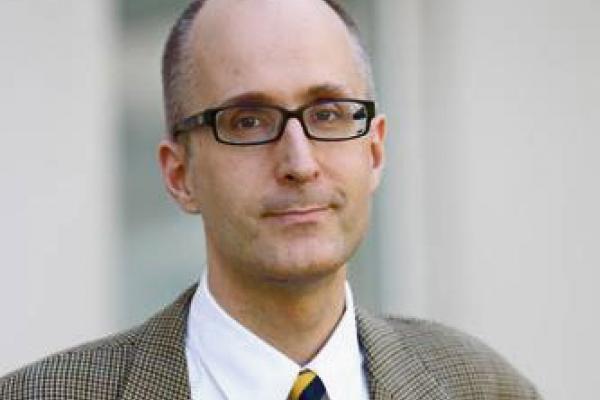Every so often, evangelicals get the urge to ex-communicate. Feminists, open theists, and universalists have all drawn the ire of their co-religionists. In the absence of a central religious authority, such efforts are doomed to fail.
According to most scholars, evangelicalism is more of a network than a unified church. Magazines, publishing houses, colleges, and parachurch groups play a bigger role than ecclesial bodies. While condemned from many pulpits, the emerging church continues to publish with Zondervan and Baker. Owned by the same company as Zondervan and Fox News (Rupert Murdoch’s News Corporation), HarperOne has provided a home for Rob Bell and his Love Wins.
Though it hasn’t been easy, Bell has remained a part of American evangelicalism.
Fried by their battles with fellow believers, some have decided to ex-communicate themselves. Even then it is hard to cut the tie. As in the case of cultural Catholicism, religious terminology may haunt a post-evangelical’s speech. Commenting on this phenomenon, Tony Jones wonders whether evangelicalism is the “new Jewish" — more cultural than confessional.
Read the Full Article

